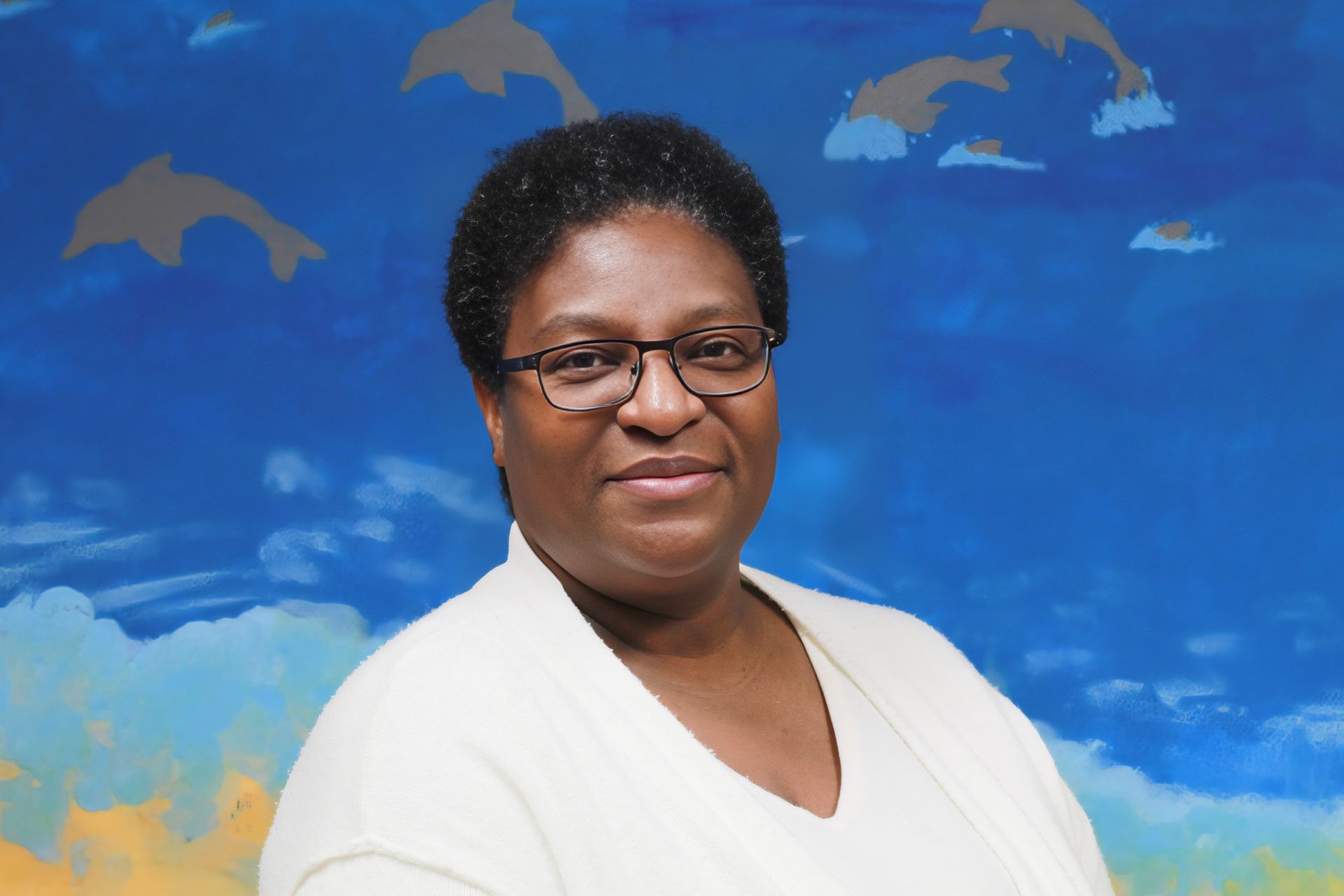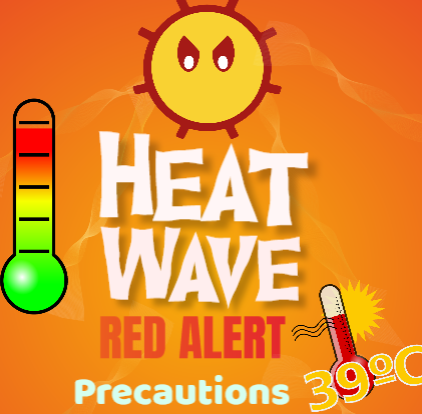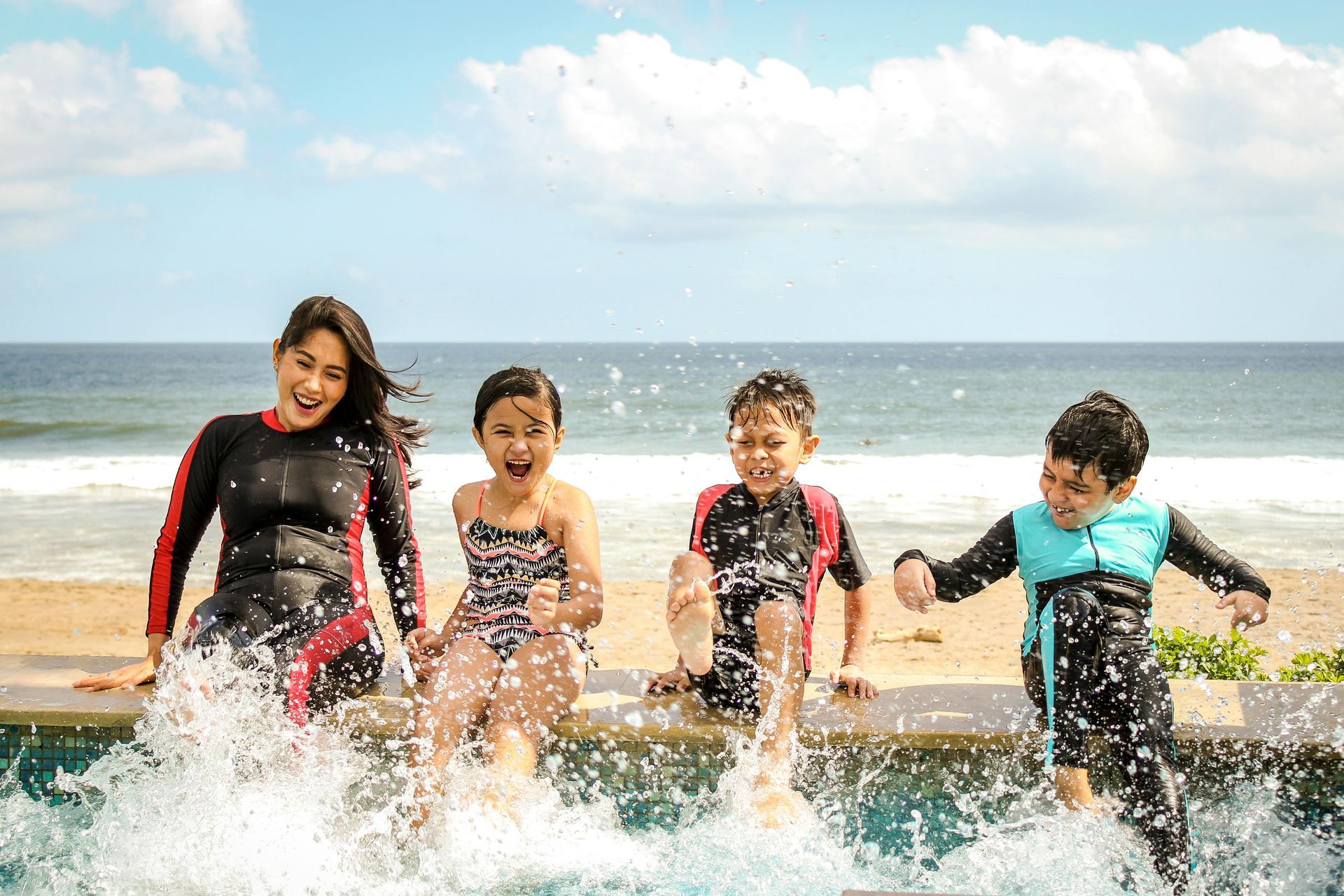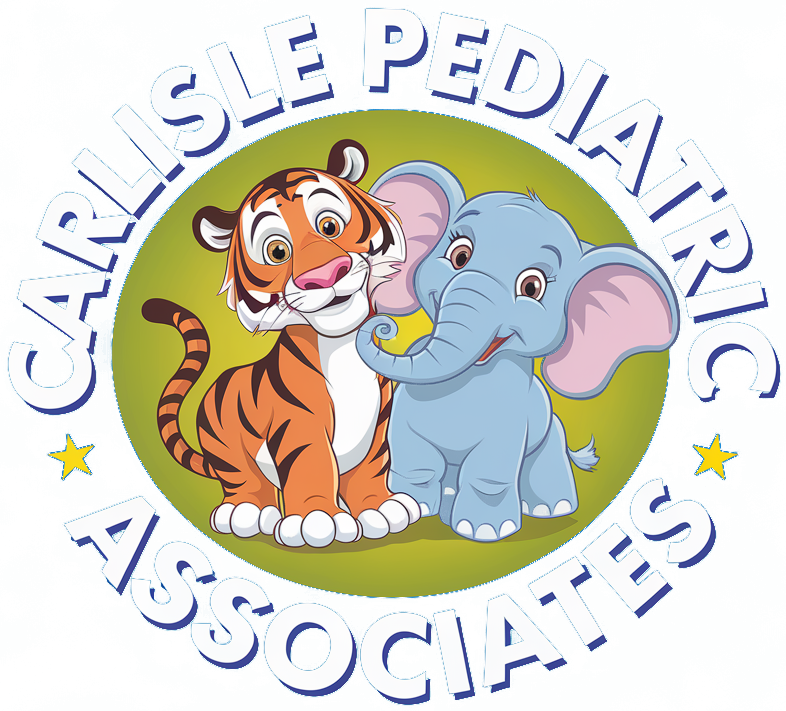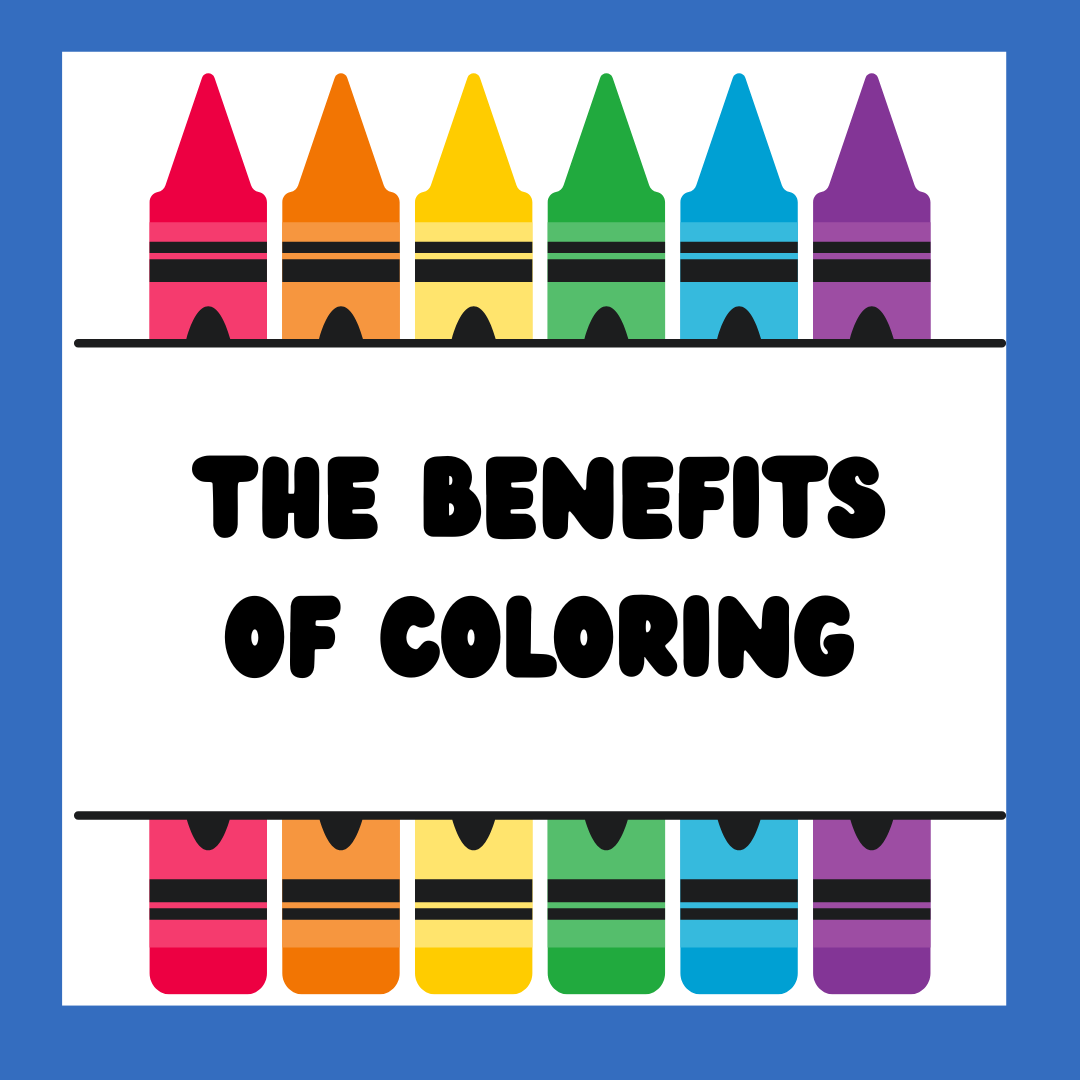By Deb Raubenstine
•
December 3, 2025
FLU VACCINATION : The American Academy of Pediatrics (AAP) strongly recommends that everyone 6 months of age and older should receive an annual flu vaccine, unless there is a specific medical reason to not get the vaccine, such as a known allergy to the vaccine ingredients. The flu vaccine is the most effective way to prevent serious illness, hospitalization, and death from influenza disease. The vaccination decreases the risk of getting the disease, and also decreases flu severity if the individual does get infected. Children, especially those younger than 5 years of age, and people with chronic conditions, such as asthma, heart disease, diabetes, seizures or those who are immune compromise, are at a higher risk of severe illness and hospitalization. The vaccine is crucial for their protection. Timing: Vaccination ideally should be before the end of October. However, as long as flu viruses are circulating, it is beneficial to get vaccinated. Number of Doses: For children ages 6 months to 8 years getting either their 1st ever dose, or if they only received one prior dose, they will require 2 doses of the vaccine for the current season. The two doses are given at least 4 weeks apart. Types of Vaccine: Both the flu shot, which is inactivated (killed), and the nasal spray, which is live attenuated, are options. The Flu Mist spray may be given to children at least 2 years of age without asthma or other significant underlying medical conditions. The Flu Mist may cause mild nasal congestion in the next 2-3 days. It is also important for family members of vulnerable individuals to receive their flu vaccine. This is especially important to protect infants less than 6 months of age who are too young to receive the vaccine, people with significant medical issues, and older individuals who are at risk for more severe disease. The flu vaccine may be given at the same time as other recommended immunizations, including the COVID-19 vaccine and the RSV antibody shot. The American Academy of Pediatrics encourages parents to get their child's flu vaccine at their pediatrician's office, as the have the child's full health history and can ensure accurate record-keeping and comprehensive care. COVID VACCINATION: The American Academy of Pediatrics has issued science based guidelines for COVID-19 immunization in children. The vaccination guidelines for COVID-19 are based on the assessment of risk for more severe COVID-19 infection, which varies based on age and the presence of high risk medical conditions and situations. Children 6 through 23 months of age: The AAP strongly recommends COVID-19 vaccination for all children in this age group, unless the have a medical contraindication, such as a known allergy to vaccine ingredients. This recommendation is based on the high risk of severe COVID-19 disease and high risk of hospitalization in infants and toddlers who have COVID-19 infection. Previously unvaccinated infants and toddlers of this age require 2 vaccines separated by at least 28 days. Children and Adolescents 2 through 18 years of age: The AAP recommends COVID-19 vaccination for this age for those at high risk of severe COVID-19 infection. The AAP also endorses that the vaccine should be available for any child or adolescent whose parent desires them to be protected from COVID-19 by immunization, regardless of risk status. High risk conditions include: Chronic pulmonary disease, including asthma Cardiovascular disease, such as congenital heart disease Diabetes Obesity Sickle cell disease Chronic liver disease or inflammatory bowel disease Immunosuppressive conditions Systemic lupus (SLE) or Juvenile Rheumatoid Arthritis (JRA) Neurologic conditions, such as seizures, cerebral palsy, wheelchair dependent Individuals who have never been vaccinated against COVID-19 People with household contacts who are at high risk of severe COVID-19 Residents of long-term care facilities Please contact our office to schedule a flu vaccine if your child has not yet been vaccinated this season. Please schedule a COVID-19 vaccination if your child is under 2 years of age, has a high risk for severe COVID-19 disease, or if you desire to vaccinate your healthy child to prevent COVID-19 infection. Remember, prevention is always preferred and is your safest course of action. Contact our office at 717-243-1943 if you have any questions.
